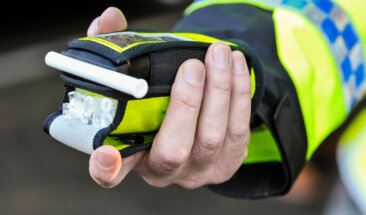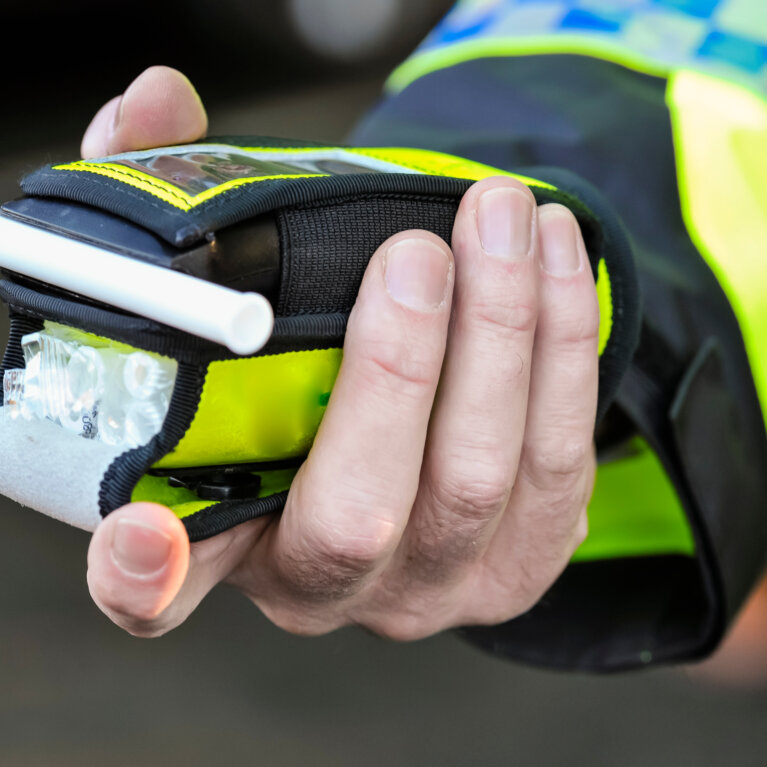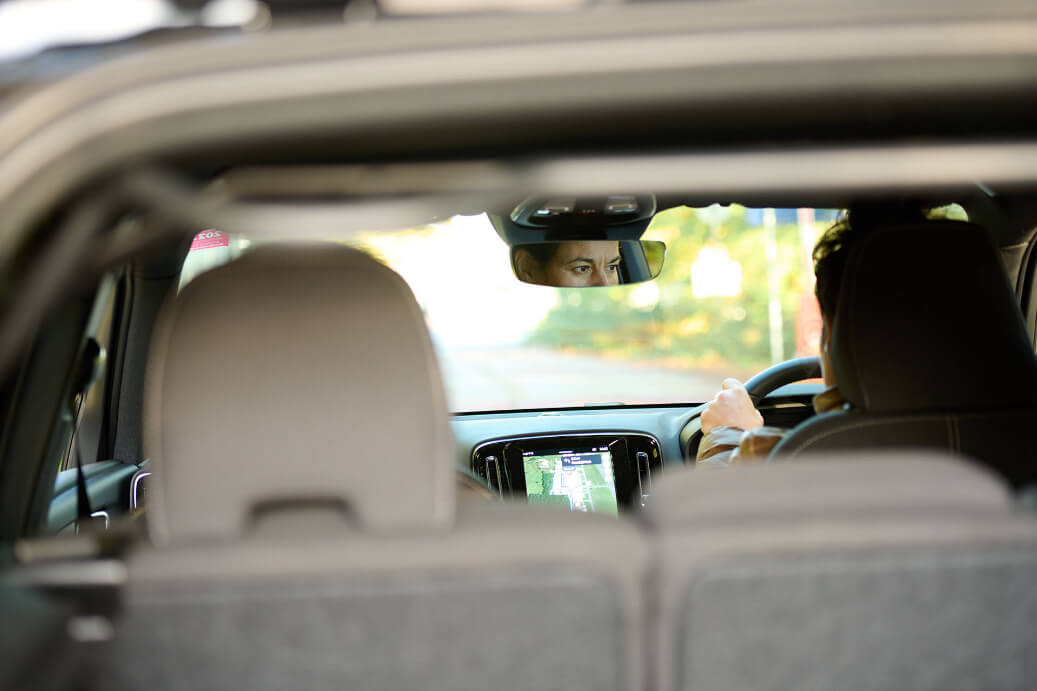TTC is the UK leader in developing and delivering drink and drug driving rehabilitation courses on behalf of the Government, courts and other agencies.
TTC is the UK’s largest and only nationwide provider of approved Drink Drive Rehabilitation Scheme (DDRS) and Courses for Drink Drive Offenders (CDDO)
Key features:
Easy booking & rescheduling, with transparent fees
Friendly customer support online and by phone
Accessible online and at local venues throughout the UK
Convenient dates and locations, including evenings and weekends
Flexible and scheduled payment options
Drink and drug driving courses
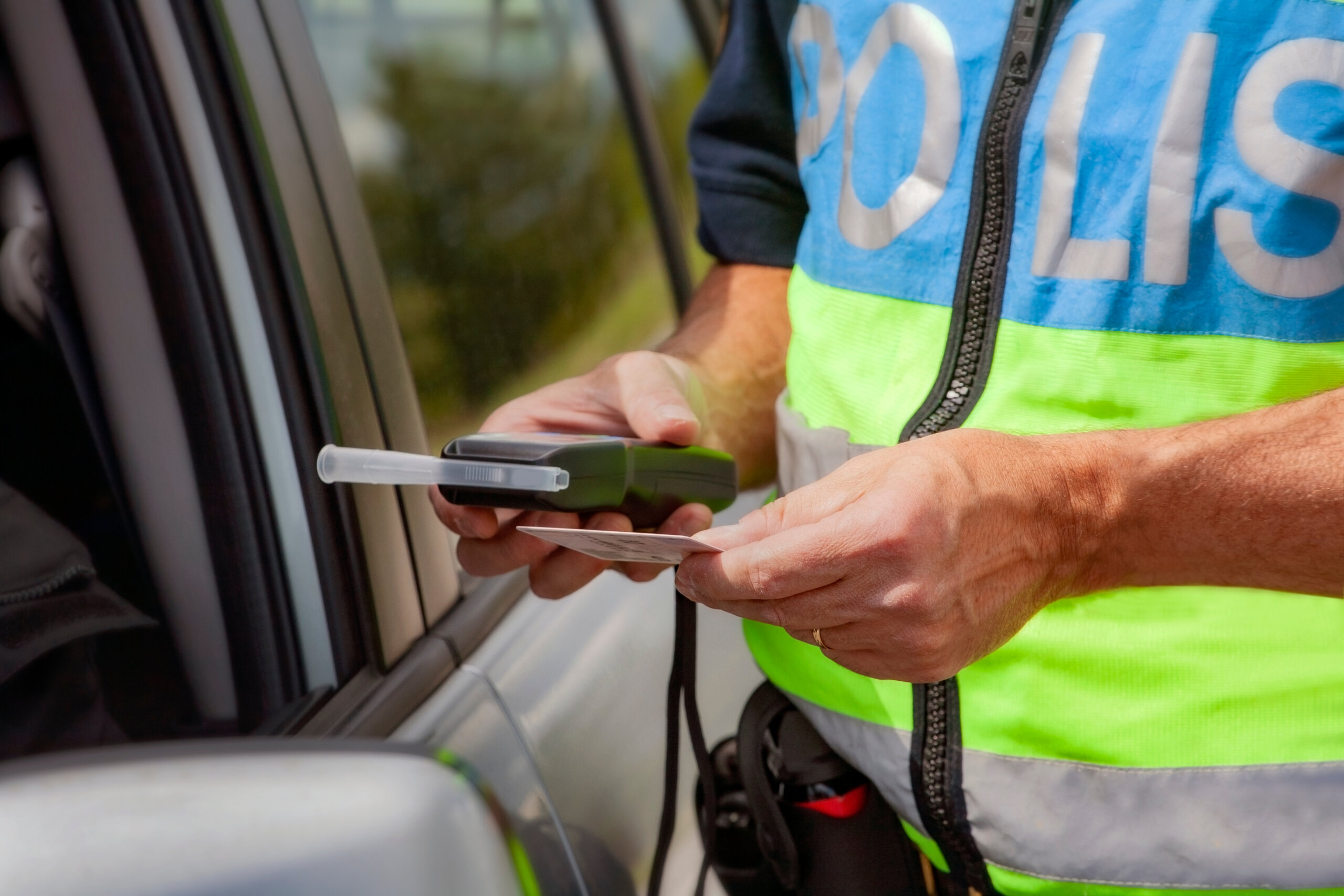
Drink driving course
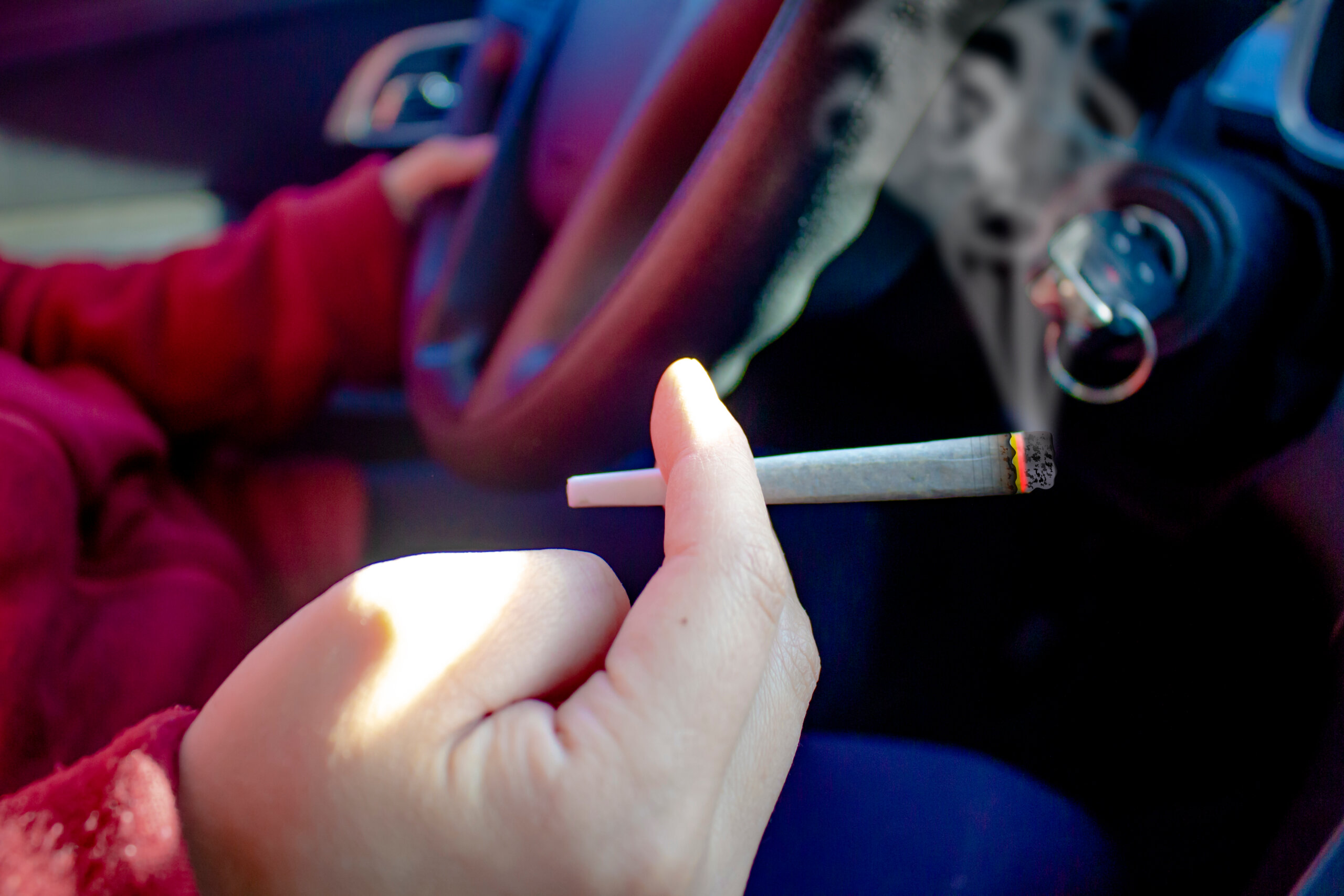
Drug driving course (pilot)
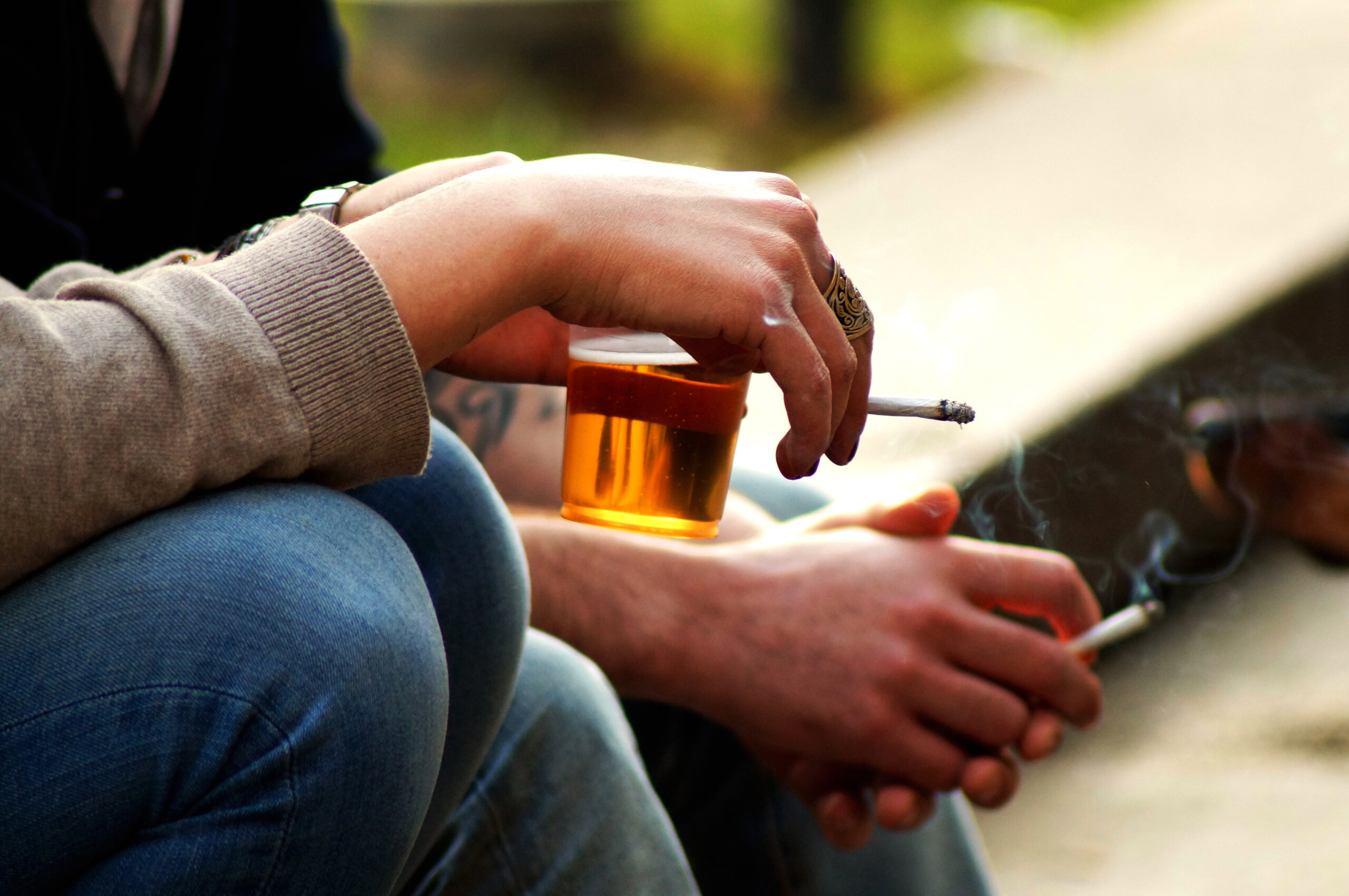
Post-course anxiety support
With TTC you’re in safe hands
TTC has been injecting innovation into road safety since 1993 when we piloted the UK’s first ever Government-backed rehabilitation scheme for drink drivers.
We remain the scheme’s largest and only UK-wide provider and are now piloting drug drive education too. We are the only provider of official courses for drink drive offenders in Northern Ireland.
Our drink and drug driving courses have been cleverly designed with insight from psychologists, communicators and road safety experts to engage with and motivate learners, making them three times less likely to reoffend. They are easy to book, with flexible online and classroom options and a low-cost deposit. In some areas, concessionary or early bird rates are available.
And, through effective value-added partnerships we offer a range of post course support from free anxiety therapy to discounted breathalysers.

Don’t just take it from us
Read what other drivers thought about attending one of our DDRS courses.
